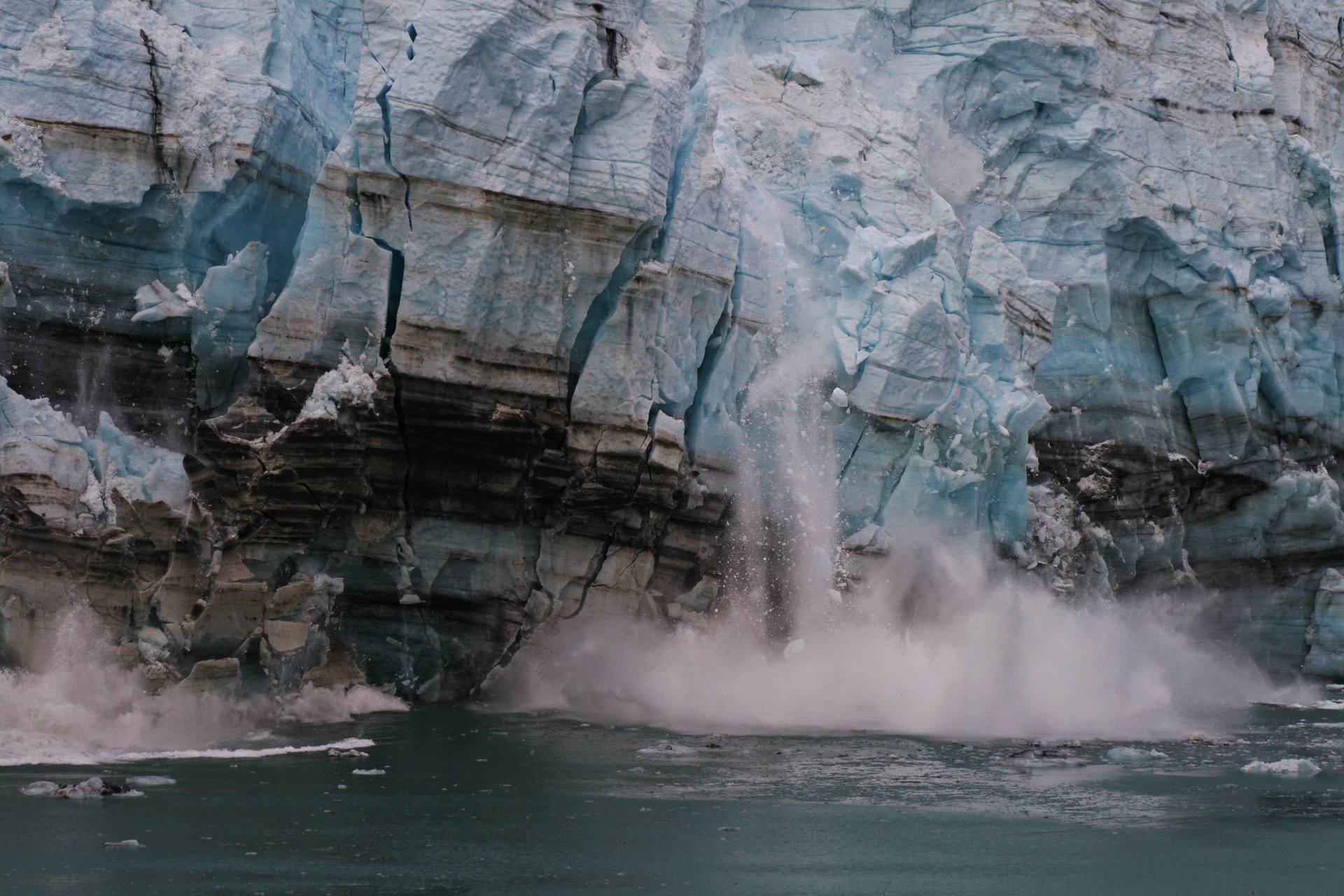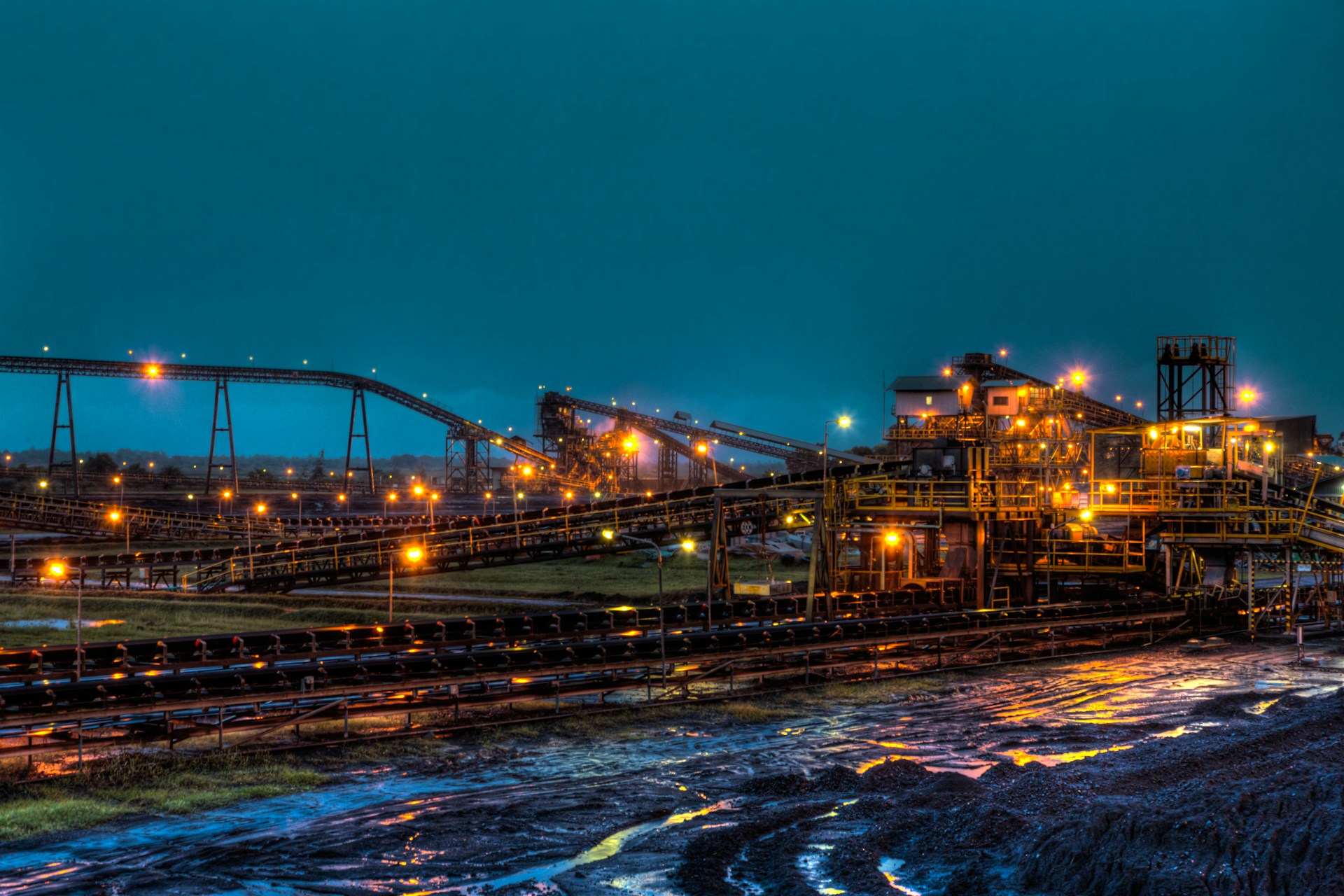Awareness and Collaboration Key to Fight Climate Change
The rise in global temperatures was a trend first identified in the early 19th century. A French mathematician and physician, Joseph Fourier was intrigued by what caused the earth to be as warm as it was. He hypothesized that based on the heat received from the sun, the planet was disproportionately warmer.
Thereafter, the second industrial revolution commenced in 1870. And ever since humankind made advancements in harnessing fossil fuel energy, and built industries around it, average global temperatures have gradually climbed. It is not uncommon now to read or hear about melting polar ice caps, and the corresponding increase in sea levels.
In fact, global mean sea levels are expected to rise by one feet by 2050 and beyond this it will largely depend on our future emissions. For coastal businesses, residences and tourism this will be a disaster. What positive steps are being taken? Which nations will absorb climate refugees? How to relocate low-level mega cities? How will economies cope?
Horasis is organizing the Horasis Global Meeting on 19 May 2022 to examine and evaluate such developments. The one-day virtual event will see participation from a diverse range of people, spanning members of governments, businesses, academia, and the media. The goal is to deliberate on pressing issues that undermine progress and arrive at actionable solutions that can ensure shared prosperity.
Positive Steps Being Taken
In 2020, UN Secretary-General António Guterres outlined six key steps that economies globally must undertake to ensure environmental stewardship in a post pandemic world. They include:
Green transition. Mr Guterres underscored the need to lower carbon emissions and prioritize on creating jobs and businesses that are an outcome of “a clean, green transition”.
Sustainable growth. In scenarios where taxpayers’ funds were used to extend relief measures amid the pandemic, it was suggested to create “green jobs and sustainable growth”.
Building resiliency. Robust societies must be built that encourage inclusivity while making the transition from a “grey to green economy”.
Making sustainable investments. Economies must direct their investments towards sustainable solutions that enable the conservation and growth of both the environment and the climate. Mr Guterres also highlighted the need to withdraw subsidies on fossil fuels and levy taxes on polluters.
Confronting climate risks. In this regard, both risks and opportunities must feature as core tenets of policymaking and infrastructure planning.
Cooperation. Most importantly, climate change and its ills cannot be addressed by isolated or individual efforts. No headway can be made without collaboration and resource sharing.
Possible Impacts from Rising Sea Levels
Rising sea levels will, inadvertently, lead to millions of people being displaced. Just as the ongoing Russia-Ukraine conflict is fueling a humanitarian crisis, the effects of climate change can inflict as much—if not more—distress globally. Sea level forecasts for 2050 suggest that regions inhabited by as many as 300 million people will be at levels lower than areas that are currently inundated by coastal floods each year. And by 2100, up to 200 million people could be based in regions that will permanently feature lower than current high tide levels.
There have been measures taken to protect threatened areas by construction of defense mechanisms such as levees. However, in the absence of stringent measures to address the ‘root of the problem’, rising sea levels will inevitably lead to climate change refugees. There is, in fact, a strong threat posed to several South Asian economies, and their large coastal populations. The very seas that they have depended upon for their livelihoods, for generations, could become their undoing.
Bangladesh, for example, is often cited as an example of an emerging economy that has met several traditional growth benchmarks. Meanwhile, millions of Bangladesh’s citizens live along its coastal areas. And with the current rate of rising sea levels, there is a possible climate change refugee catastrophe looming large. With most countries having enacted strong legislation to discourage illegal migrants, the pressing question is where will such refugees relocate should a climate change disaster strike?
Rising sea levels is a severe threat to Malta, Kiribati, and Tuvalu too. In fact, the island of Malta may be completely submerged in only three decades from now.
Collaboration is Crucial
Among the six steps outlined by Mr Gutteres, in 2020, the final guideline must be followed closely. The seas are a shared resource among all economies. They facilitate global trade and are as vital to supply chains as are the vessels that operate on their waters. Coastal communities too depend upon them for their sustenance. More recently, it has become possible to also harness tidal energy.
The seas are, no doubt, an invaluable resource. But they can cause widespread suffering and misery should their rising levels go unchecked. Climate change related disasters, meanwhile, have been increasing in frequency. Amid this scenario, it is imperative for governments and business alike to collaborate, ideate, and implement joint efforts that encourage environmental stewardship.
Photo Caption: A calving glacier – witness to global warming.




